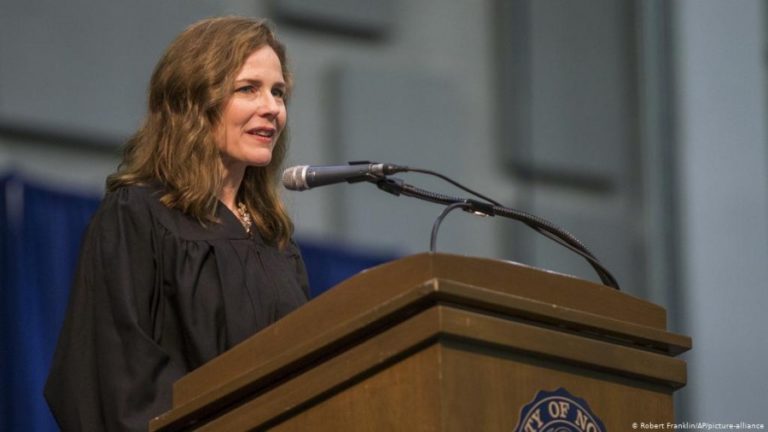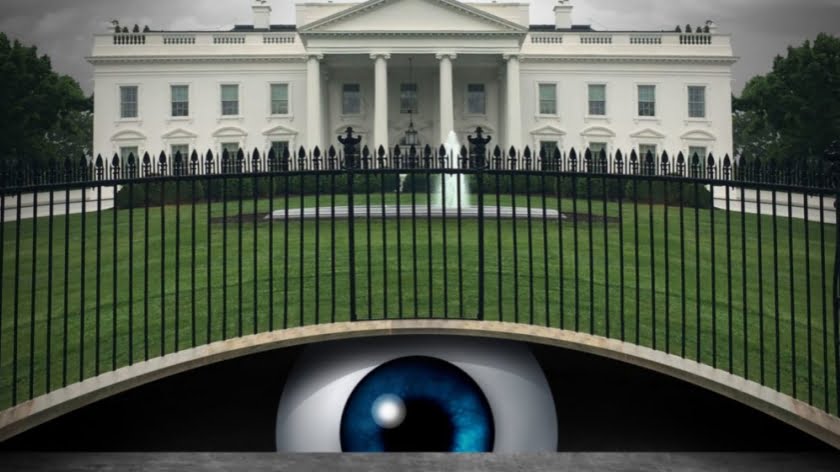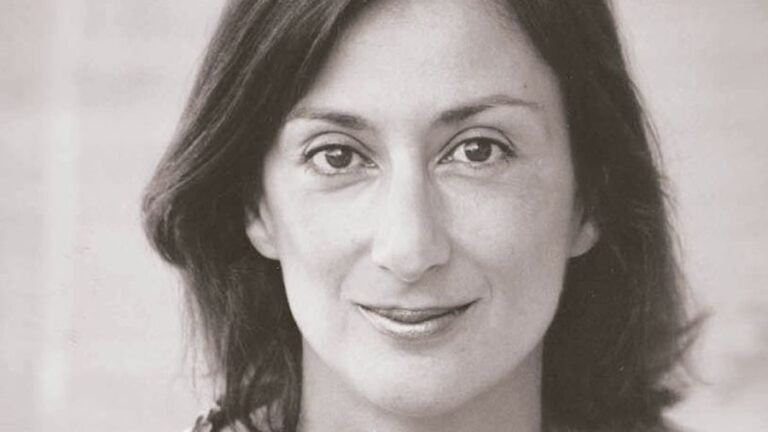The Arab World in Transition
The Arab world is generally agreed to be in transition after a decade of uprisings, turmoil, revolutions, and civil wars. By its very nature, transitions are critical phases in the history of nations, and this is also true of Arab countries. The Arab world today is undoubtedly at a crossroads, and politicians and historians believe that it moves towards more open political systems.
The last ten years have witnessed an almost complete abolition of state institutions, and sometimes the very notion of the nation-state seemed to be disappearing. The recognized leader of the Arab World, Egypt was under similar threat for a brief period from February 11, 2011,( when President Mohamed Hosni Mubarak abdicated) until June 30, 2013, when Egyptians from all walks of life gathered in Tahrir Square in Cairo to demand the ouster of the Muslim Brotherhood (a movement banned in Russia). This day will go down in history as the beginning of the end of the phenomenon known throughout the Arab world as political Islam, as we wintess a shift back to nation-state systems and nationalist-inspired attempts to rejuvenate Arab leadership.
But to succeed, transitional processes need above all to be guided by enlightened, progressive, and modern leaders who understand the realities of today’s world. Equally important is the existence of strong state institutions and political forces that have sufficient legitimacy to lead to fundamental changes in state structures and governance philosophy. In other words, a broad consensus is needed to move from authoritarian regimes to more democratic ones, based on a commitment to good governance and the peaceful transfer of power through free and fair elections.
Arab countries are now well-positioned to begin their transition towards more democratic and fair governance. And regardless of whether the situation is in Libya, Tunisia, Syria, Iraq, or, to a lesser extent, Lebanon, the world is ready to help. Elections are scheduled for this year or next year in many of these countries, in Libya, in December next year, if all goes according to the agreed timetable, but there are such events that can change a situation at any time. In Lebanon, elections are scheduled for the first quarter of next year, but again, things could change; internal and external forces will be the initiators. Iraqis went to the polls on October 10, electing a new parliament. Still, again the question arises: can the country’s new leadership follow a new path that is more democratic and fairer to society as a whole?
Syria is a battleground for foreign and regional confrontation through proxies, continually seeking a way out of the destabilization of the last decade. Despite the war against the rule of the legitimately elected President Bashar al-Assad in March 2011, the latter remains in power with a new constitutional mandate. However dubious this may seem in the eyes of those foreign, regional, and Arab forces who continue the illegal attempt to topple the Syrian regime. Today, the winds of change in Syria are also blowing in the opposite direction. Some of the very Powers that previously worked against the Syrian regime have begun opening their Embassies in Damascus or getting their leaders to call the Syrian president over the latest developments and seek points of common interest. The Syrian Constitutional Commission established under the United Nations in Syria plans to reconvene in Geneva in another attempt to draft a constitutional document that can garner support from the Syrian government, the Syrian opposition, whatever the term means in practice, and foreign powers that have backed it. The situation in Syria has become emblematic of everything that went wrong with what might be called the “democratic winds” that blew through the Arab world in 2011. In retrospect, the world today recognizes that there was, and arguably continues, a wide gap between the democratic aspirations of Arab peoples and the political forces that came to the forefront to claim that they are the true embodiment of those aspirations.
The forces that came to the forefront of the leadership of the democratic movement in Syria were anti-democratic by definition and by their actions. Their only commitment to democracy was the ballot box, and once in power, they would show no desire to abandon it. The constitutional declaration adopted by the Muslim Brotherhood in Egypt in November 2012 reminds us how undemocratic all groups originating from political Islam are. Today, Syria remains living proof of how far political Islam was willing to go and come to power with the tacit help of foreign powers and who are far from being friends of the Syrian people.
The situation in Libya is no different from that in Syria. Still, there is a significant difference between the two cases. The neighboring countries (Egypt, Algeria, and Tunisia) were the first to provide a counterweight to the disintegration of Libya, rightly understanding that such a process would be against their national security and interests. For a short period, Egypt was subjected to numerous terrorist attacks across its western borders by forces that wanted to install a “democratic” regime in the formerly wealthy Jamahiriya. The UN and the international community are working towards a successful political transition in Libya by implementing UN Security Council Resolution 2510 of February 12, 2020, fully adopted in the Berlin Declaration of January 19, 2020. According to the timetable agreed upon by the different Libyan political forces, with the support of their respective international and regional supporters, presidential and parliamentary elections in Libya are scheduled for December 24 this year. According to recent reports, the Libyan General National Congress decided to hold presidential elections and postpone the legislative elections until next year. But there is no consensus on this unnecessary division between the two sets of elections.
In Iraq and Lebanon, elections are seen as a starting point for a transition to be more representative political regimes that are not based on sectarian or religious beliefs. It is not an easy task, but demands for more democratic forms of government are widespread in both countries. But to illustrate just how difficult this transition can be, one can cite the unfortunate decision by the Lebanese parliament not to allocate seats to women in the next election for fear that it could allegedly negatively impact the dissident distribution of power in the country. Of course, the removal of women from governance in the modern world is nonsense and unacceptable, but that is the specific nature of the Arab world.
The situation in Yemen is very complex. Although Yemen experienced a popular uprising led by the Muslim Brotherhood in 2011, regional and Arab interference in Yemeni affairs complicated the situation, and four years later, Yemen witnessed a proxy war between Saudi Arabia on the one hand and Iran on the other. This war is still raging, and despite ongoing UN efforts to mediate between the warring parties, it would be surprising if it ended before the Saudis and Iranians settled their political differences that make each side try to checkmate the other. In the meantime, there are horrendous facts and numbers of distress, poverty, and hunger with a steady increase in deaths. Above all, the children and the elderly who come from this country, and nothing seems to reverse this situation.
The Arab world today is at a crossroads, and it is difficult to predict what will happen next. Either the transition to more open political systems will succeed, or it will reach a deadlock that will prevent the emergence of more democratic regimes in Arab countries. As many political analysts agree, the decisive moment may come when some Arab countries dare to set an example to other political systems in the interest of the whole society and decide to lead the transition to democracy. If someone dares to set an example, an irreversible process will begin, and the world will see a new, renewed Arab world







